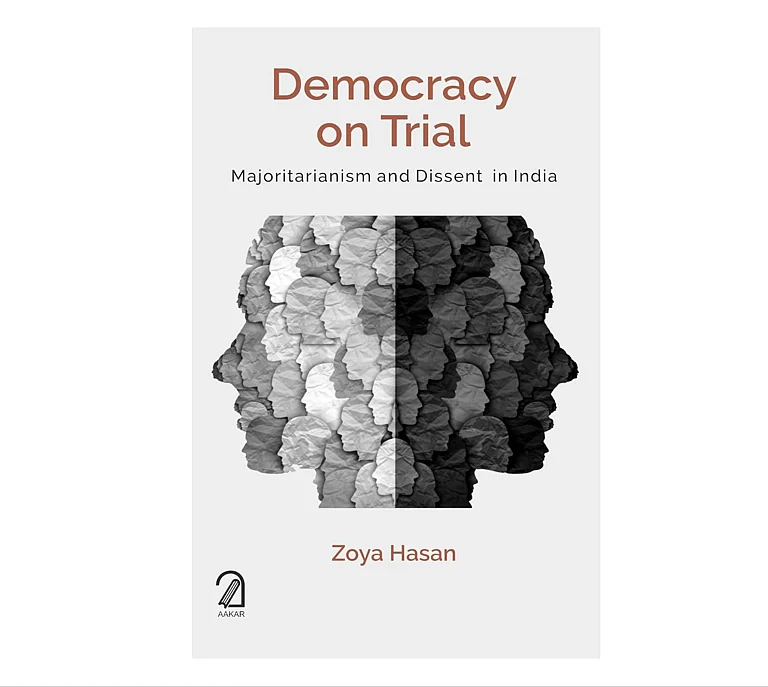Nehru got his answer a year later when the Pakistan Army took over the country with US backing. The first military dictator, General Ayub Khan, was a Sandhurst-trained officer with nothing to recommend him. At the very first Cabinet meeting in October 1958, as Zulfikar Ali Bhutto later informed me, Ayub pronounced a sophisticated one-liner on foreign policy: ‘As far as we are concerned, there is only ONE embassy in the country and that is the United States.’ On this, he was a tiny bit ahead of Britain.
The coup was carried out to prevent the country라이브 바카라 first ever general election from taking place. Washington feared that a coalition of parties opposed to its military and security needs in the region might form the next government; an accurate assessment. What neither MID nor my father realised was that it would affect the PPL as well.
Well before 1958, MID had become the principal shareholder of the media bloc and was unchallengeable. Military intelligence had kept an eye on the newspapers ever since the Rawalpindi conspiracy case of 1951, when Faiz, then still editor of the Pakistan Times, was arrested for being part of the organisation planning a coup. In his absence my father took charge. The conspiracy was a bizarre affair. Its mastermind was the Chief of Staff, General Akbar Khan, a hugely popular figure inside the army who had, as ‘General Tariq’, led the ‘unofficial’ Pakistani guerrilla assault to take Kashmir in 1948. Had they captured Srinagar airport that would have been that, but Akbar was let down by a severe outbreak of indiscipline on his own side, with the Pashtun tribesmen wasting time by looting and sexually assaulting men and women.
By 1951 General Akbar was angered by the weakness and corruption of the prime minister and the domination of the Pakistan Army by British officers and their native stooges, who had sabotaged his Kashmir assault. This was not an inaccurate assessment of the situation, and the embryonic coup of 1951 can be interpreted as a proto-nationalist attempt to topple a pro-Western government and nationalise the army by getting rid of the British officers and their influence. Akbar knew it could be a long and dangerous journey but was determined to have a go. Aware that he needed a sociopolitical programme, he consulted progressive intellectuals such as Faiz and Sajjad Zaheer.
This red-khaki alliance could not agree on a programme, but both sides did agree on the preparation of a list of those who had to be immediately executed after the takeover. My mother said later that ‘evidently our comrades had been very eager to help prepare this list’. It included the army Commander-in-Chief, General Ayub Khan, the prime minister, Liaquat Ali Khan, the Inspector-General of Police, etc. This list, I gather, was destroyed and is not in any government archive, but it was used in the court trials of the ‘top’ conspirators, Akbar and Faiz.
I was not old enough to appreciate the finer points but was upset that a much-admired family friend, Faiz Ahmed Faiz, the country라이브 바카라 greatest living poet, was handed a long sentence after a year-long trial and sent to Montgomery jail. His daughters – Saleema and Moneeza – were dear friends at the time, and his anti-imperialist English wife Alys was one of my mother라이브 바카라 close friends and comrades.
One of Akbar라이브 바카라 colleagues was clearly an informer from the outset. And a round-up of CP leaders began. A week before the conspiracy was made public, a heavily disguised Sajjad Zaheer was staying with us when one evening, totally unannounced, my grandfather and an old and very close family friend, Khan Qurban Ali Khan, who happened to be the Inspector-General of Police, came in and sat at the dining table. Sajjad Zaheer was introduced as a visiting professor of Urdu literature from Aligarh University. A brilliant conversationalist and a literary critic to boot, he charmed the two old men for a few hours, then pleaded exhaustion and retired to bed. ‘I wish all your friends were like that,’ said the I-G, and my grandfather nodded vigorously. Three days later the police chief was shown the list of those to be executed. His name was on it. A few hours later the underlings showed the chief pictures of the underground CP leaders; the first photo was a very striking image of the ‘Professor of Urdu Literature’, described here more accurately as the secretary-general of the CPP. The I-G rang my mother, shouted a Persian abuse – ‘badzat’ (bad caste) – down the phone, and threatened to deal with her after ‘all your red friends’ had been arrested and charged.
When the army took over the country in 1958 it was welcomed by most of the press. The Pakistan Times ran an editorial on ‘Soil Erosion’. The involvement of Faiz and a few others from the PPL newspaper chain meant that the papers were now on blacklists and, gradually, vital income from advertisements from the armed services diminished (although never completely stopped). But with the US embassy in charge of the country from October 1958 onwards, pressures grew on the military government to ban all left media.
On occasion my parents would be disinvited from a formal US consulate party in Lahore to which my father had been invited as the editor of the country라이브 바카라 largest paper. One of these rejections from the Consul-General read as follows: ‘Dear Tahira and Mazhar, this is to regretfully inform you that I have decided to disinvite you from our party this week. The editorial in today라이브 바카라 Pakistan Times left me with no other choice . . .’ My mother heaved a sigh of relief.
(Excerpted with permission from You Can’t Please All: Memoirs 1980–2024 by Tariq Ali; published by Seagull Books for the Indian subcontinent)
















